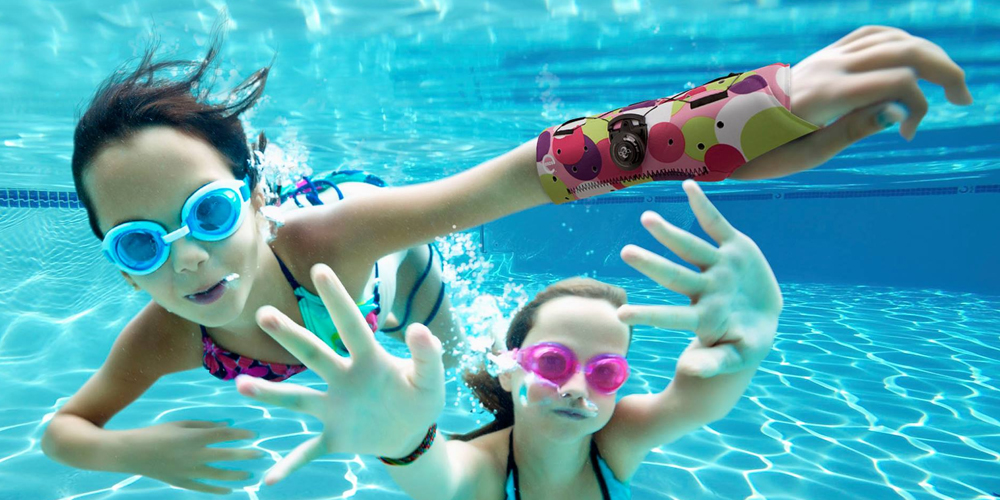Waterproof Cast
Waterproof cast, also known as a water-resistant cast, is a type of cast that can come into contact with water without allowing water to penetrate inside. Unlike traditional casts, waterproof casts allow patients to swim, take baths, or shower while still wearing the cast. Waterproof casts are designed to help patients maintain their daily activities during the healing process of fractures, dislocations, or post-operative recovery. They are particularly advantageous during the summer months or for individuals involved in water sports. Waterproof casts prevent water from entering the cast through a special membrane or waterproof coating on the surface.

The application of a waterproof cast is similar to that of a traditional cast. During the casting process, the same casting materials are used. However, after the cast has dried, a special waterproof coating is applied. This coating makes the cast water-resistant. As a result, patients can expose the cast to water without concern. Waterproof casts offer several advantages. Firstly, they help patients maintain hygiene. Activities such as bathing or showering become easier and more convenient. Secondly, allowing the cast to come into contact with water can provide psychological relief for patients. Additionally, waterproof casts prevent excessive moisture from reaching the skin, reducing the risk of skin-related issues.
It is important to note that waterproof casts are not completely waterproof. Prolonged and intense water exposure can still damage the cast. Therefore, it is essential to allow the cast to fully dry and to avoid excessive water contact. Furthermore, the use of a waterproof cast should be evaluated based on the recommendation of a doctor and the specific condition of the patient. Waterproof casts are a convenient option that helps patients maintain their daily activities and facilitates a more comfortable healing process. However, proper usage and adherence to care instructions are crucial to maintain the effectiveness of the cast and ensure the patient's well-being.